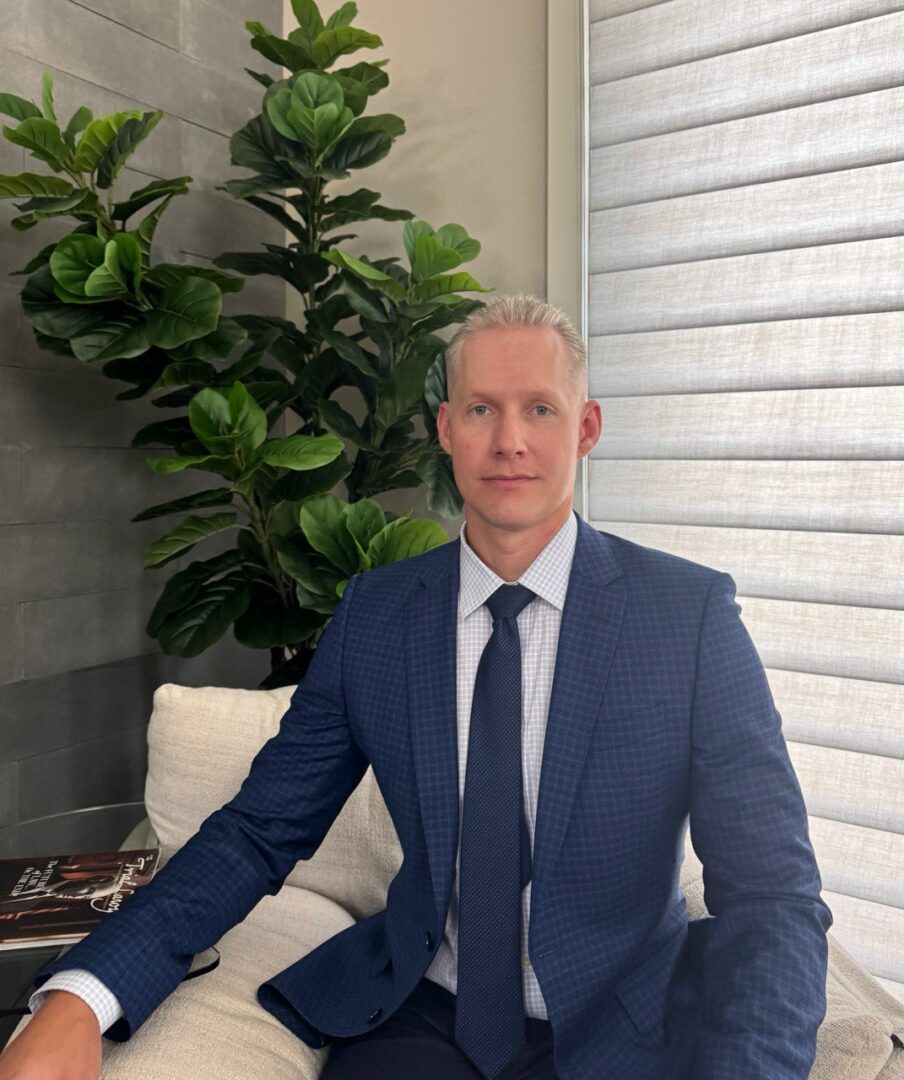We were lucky to catch up with Pavel Kolmogorov recently and have shared our conversation below.
Pavel , so good to have you with us today. We’ve always been impressed with folks who have a very clear sense of purpose and so maybe we can jump right in and talk about how you found your purpose?
In my case, it wasn’t so much a “finding” as it was an evolution. I grew up in a family where being a lawyer wasn’t just a profession, it was dinner table conversation. Picture this, instead of cartoons or video games, my brother and I were raised on spirited debates about politics, policy, and who left the lights on again. My father and my brother, both lawyers, naturally turned every family discussion into a kind of Socratic seminar, whether we were talking about current events or negotiating who should do the dishes.
Those conversations shaped the way I think. From a young age, I was drawn to the idea that clarity, logic, and advocacy could shape real-world outcomes. That fascination stuck with me, not in some abstract “courtroom drama” way, but in a very grounded, practical sense. I liked helping people navigate hard situations. I liked complex problems. I liked the idea that the law, when used correctly, could make sense out of chaos.
Fast forward to today, and I’ve built a practice that reflects that same mindset. At Kolmogorov Law, we don’t just “practice law”, we problem-solve, negotiate, untangle, and advocate. Whether it’s a business dispute, a real estate standoff, or an IP conflict with more acronyms than sense, I’m doing what I’ve always been wired to do— sit down at the table, listen carefully, think critically, and move things forward.
So no, I didn’t find my purpose on some mountaintop. I found it in the rhythm of family life, in conversations that taught me to think deeply and speak clearly. Law became the obvious path not because someone told me to walk it, but because it already felt like home.
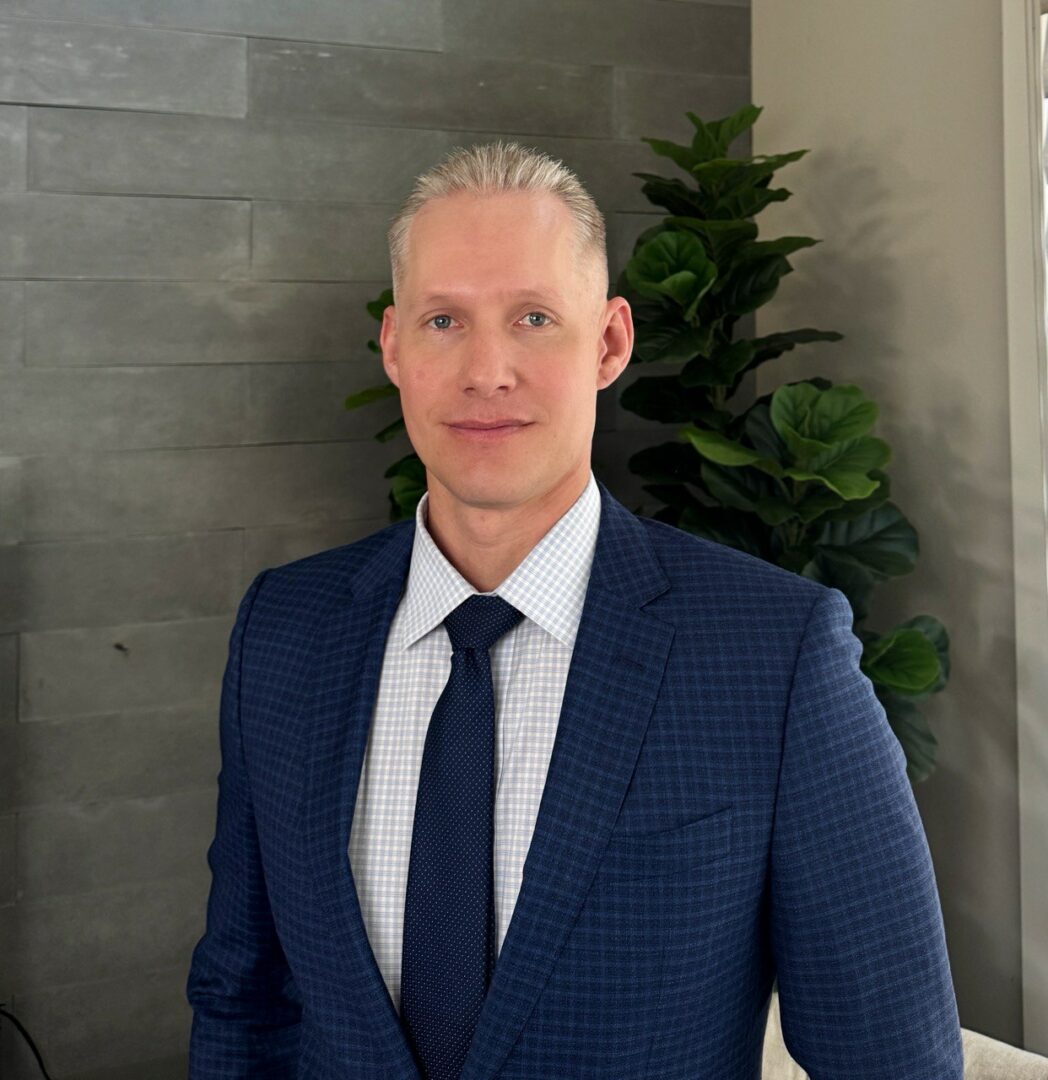
Thanks, so before we move on maybe you can share a bit more about yourself?
At Kolmogorov Law Office in Irvine, my day-to-day work spans a number of areas, but the core is always the same: helping clients solve tough legal problems. We handle business litigation, general litigation, intellectual property, real estate disputes, and employment law.
What I love most about practicing law is that every case is a puzzle with real stakes — real people, real resources, real uncertainty. You don’t just read the rules; you tailor them, push them, negotiate them, and sometimes push back on them. Turning a knotty conflict into a clear path forward is deeply satisfying. Also, the opportunity to be someone’s advocate, their voice in a complicated system — that’s something I don’t take lightly.
What sets Kolmogorov Law apart is how client centered we are. We don’t treat people like cases — we treat them like partners. We listen hard, communicate clearly (no impenetrable legalese when it can be avoided), and always think strategically. We bring a “client-centered philosophy” to every case, prioritizing trust, empathy, and excellence.
Another thing I want folks to know we’re always in motion. On the Kolmogorov Law blog, I regularly publish insights regarding various fields of my practice including civil procedure, breach of contract in real estate as so on, because I believe in making the law more accessible.
And what’s new? We’re expanding our capacity to help business clients with preventive planning and dispute avoidance — not just reacting when things go wrong, but helping structure relationships (contracts, governance, risk assessment) so fewer things go wrong in the first place. I’m also planning a series of client workshops here in Irvine (or virtually) focused on legal fundamentals for business owners — what to watch out for before entering contracts, how to mitigate litigation risk, and so on.
So, in short: I’m a lawyer because I enjoy wrestling with complexity on behalf of people who need both technical rigor and clear guidance. At Kolmogorov Law, we bring that mindset into everything we do — litigation, negotiation, preventive work, and education. If you’re ever facing a sticky situation, or just want someone to help you think ahead, that’s what we’re here for.
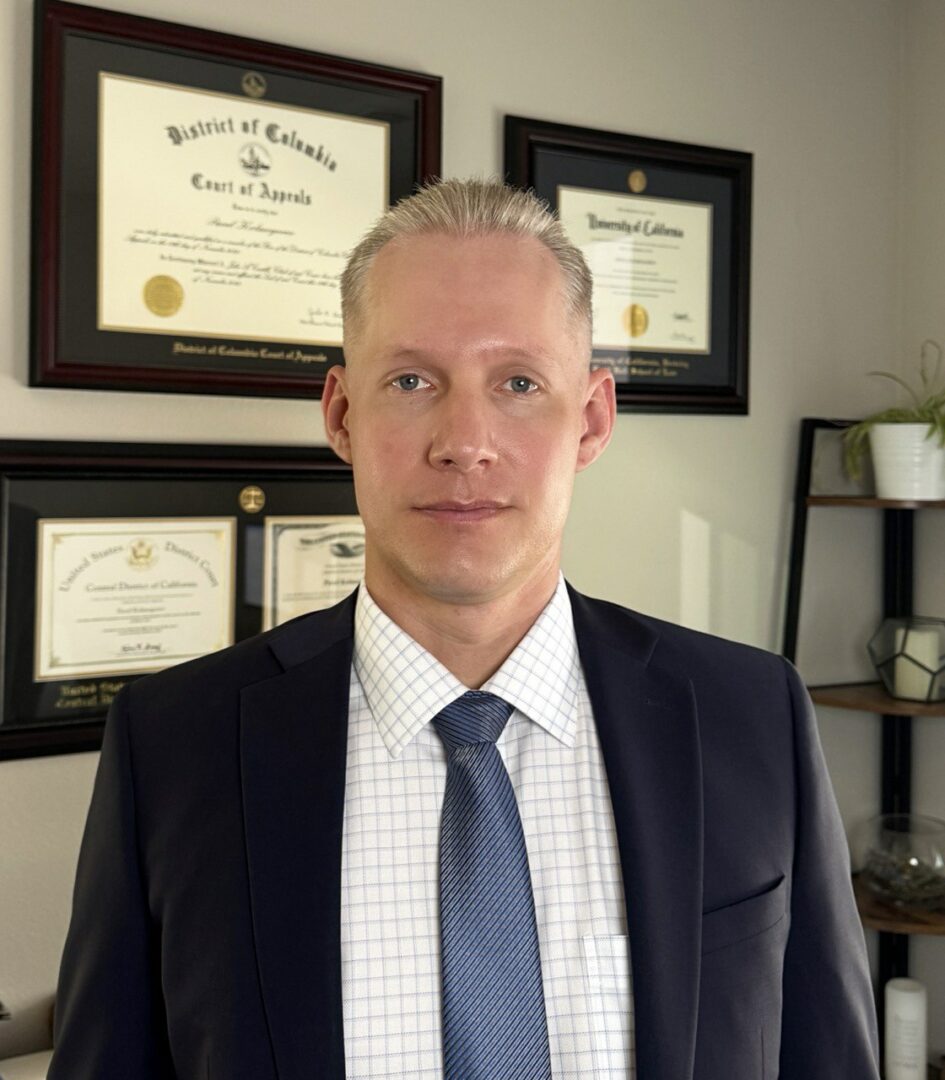
There is so much advice out there about all the different skills and qualities folks need to develop in order to succeed in today’s highly competitive environment and often it can feel overwhelming. So, if we had to break it down to just the three that matter most, which three skills or qualities would you focus on?
Looking back, three things have been absolutely essential in my journey: discipline, a commitment to constant self-education, and gratitude.
Discipline is the foundation. Practicing law or building any business, for that matter — isn’t about occasional inspiration. It’s about showing up consistently, even when the work is complex, the pressure is high, or the outcome is uncertain. Discipline isn’t glamorous, but it’s what keeps the lights on and your reputation intact. My advice? Build small, non-negotiable habits early. Whether that’s setting daily reading goals, keeping your calendar organized, or returning every client call within 24 hours — consistency compounds.
Second, never stop learning. The law is constantly evolving, and so is the world our clients live in. I read court opinions, follow legislative trends, analyze business case studies not because I “have to,” but because staying sharp gives me an edge in protecting my clients. The same applies in any field: treat learning like oxygen. You don’t need a new degree — just the curiosity to keep asking, “What don’t I know yet?” and the humility to go find it.
Finally, gratitude. It sounds soft, but it’s not. Gratitude keeps you grounded when you win, and resilient when you lose. It reminds you that every opportunity to serve someone, to solve something hard, is a privilege not a given. Gratitude also fosters better relationships, which are everything in this business. If you’re just starting out, find time to reflect on what’s going right. Say thank you more often. You’ll build a better practice and a better life.
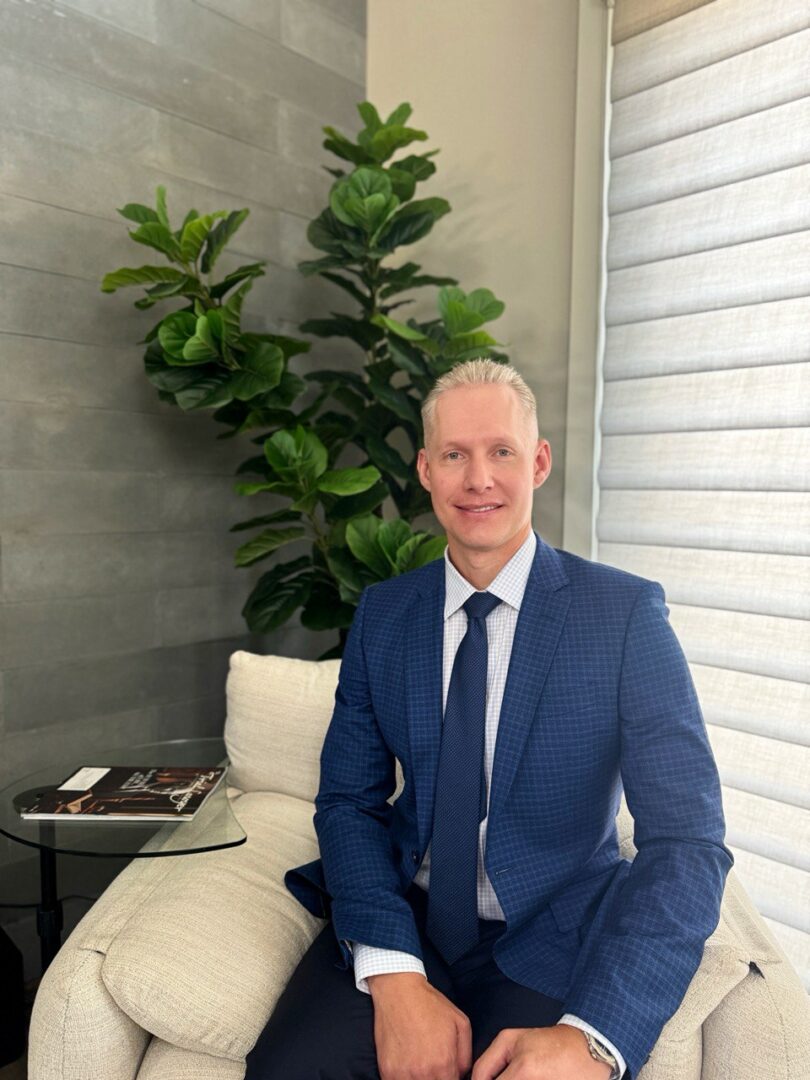
Thanks so much for sharing all these insights with us today. Before we go, is there a book that’s played in important role in your development?
One of the books that has stuck with me deeply is The Ellipsis Manual: Analysis and Engineering of Human Behavior by Chase Hughes. It’s not a light read or a casual self help book, it’s more of a field manual that explores how subtle forces of behavior, persuasion, and communication shape how people think and act. Here are a few of the most powerful takeaways that I’ve applied (or tried to apply) in both life and in law practice:
1. Observe deeply — the real signals are often nonverbal
Hughes emphasizes that a lot of human behavior is expressed beneath the surface. The real clues come not in what someone says but how they say it—posture shifts, micro gestures, pacing changes, hesitation. In law, that means when I’m in a negotiation, deposition, or mediation, I try to pay attention not just to words but to the momentary tension, changes in tone, or small cues that signal discomfort, hidden information, or shifts in resolve.
2. Map underlying motivations and psychological “needs”
One of the frameworks Hughes provides is a kind of “needs map”—the idea that people have core psychological drives or vulnerabilities (approval, autonomy, status, protection, etc.). If you can identify which need is playing a role, you can align your communication or strategy more persuasively (and ethically). In a legal context, that translates to crafting arguments, proposals, or settlement offers that address not just the legal rights, but also the emotional or status concerns the other side might have.
3. Use structured influence (with ethics)
Hughes doesn’t present influence tactics as mystical tricks, but as an engineered system. He deconstructs language patterns, scripts, double binds, confusion techniques, and trance states—not for manipulation in the negative sense, but as tools of influence. One line that stuck with me: “If you’re not doing the programming, you are being programmed.” That’s a reminder that communication is never neutral; either you structure it or it structures you. In my practice, that means being deliberate with how I present facts, frame disputes, or ask questions—rather than leaving everything reactive.
Contact Info:
- Website: https://kolmogorovlaw.com/
- Instagram: https://instagram.com/kolmogorov_law
- Facebook: https://facebook.com/kolmogorov.law/
- Linkedin: https://linkedin.com/company/kolmogorov-law
- Twitter: https://x.com/kolmogorovlaw
- Youtube: https://youtube.com/@KolmogorovLaw
- Yelp: https://www.yelp.com/biz/kolmogorov-law-irvine
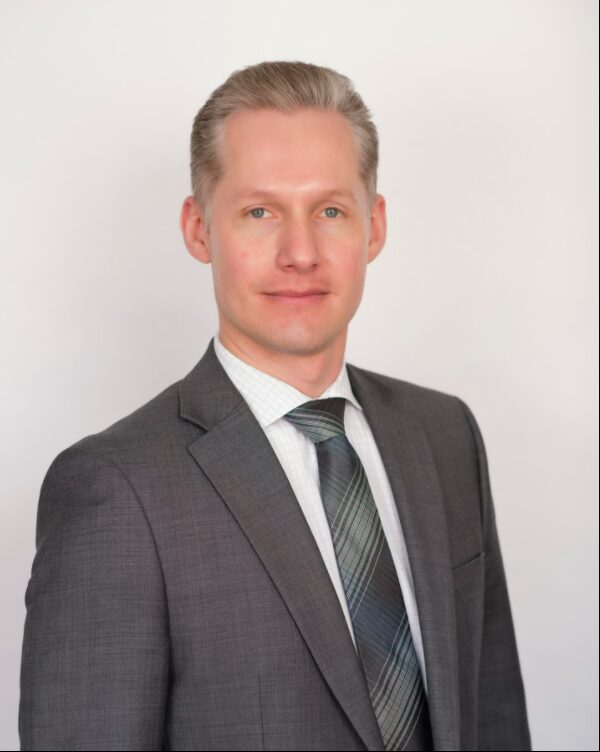
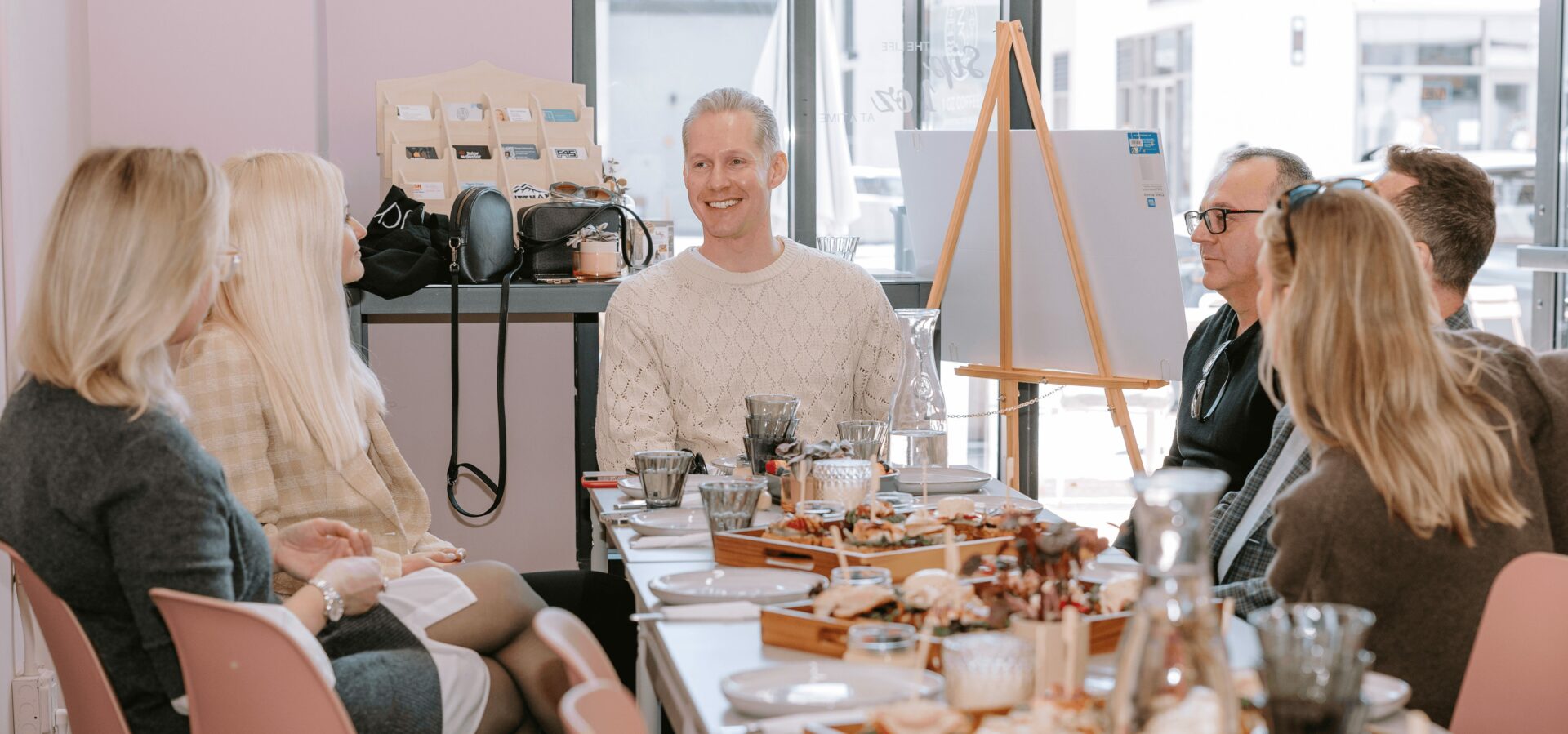


so if you or someone you know deserves recognition please let us know here.

